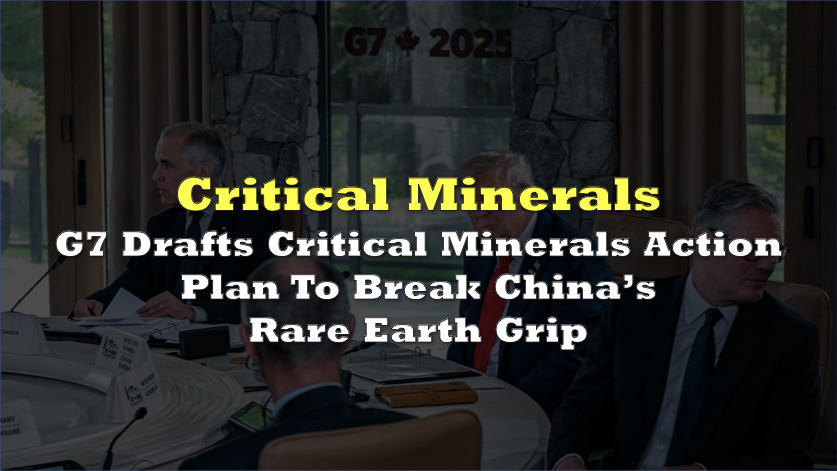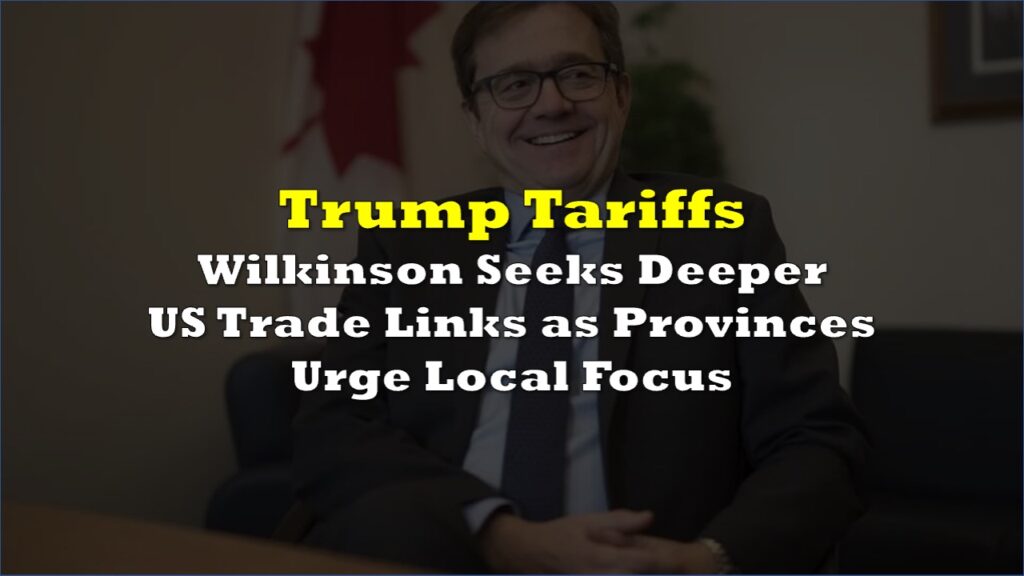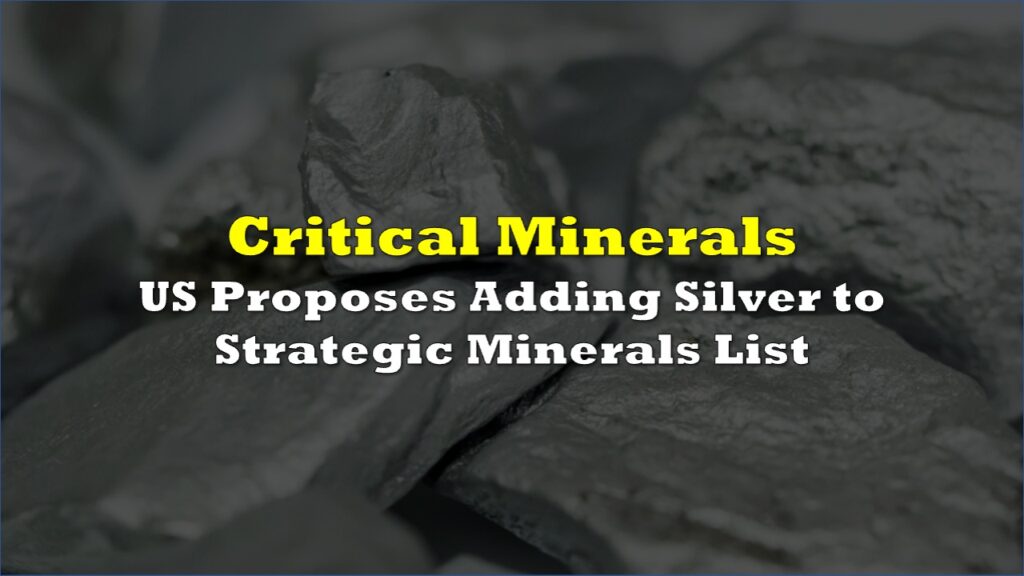G7 leaders have endorsed a draft “action plan” that would set uniform labour, environmental and anti-corruption standards for the global critical minerals trade and channel fresh capital into mines, refineries and recycling facilities across the bloc and in “friendly” developing nations.
The move is said to curb what the document calls “non-market policies and practices” that leave the West dependent on Chinese-controlled supply chains for metals such as lithium, cobalt, nickel, and the rare-earth elements essential to electric vehicles, smartphones, and modern weapons.
China refines nearly 70% of the world’s rare earths. In April, Beijing tightened export controls on seven magnet-grade varieties after Washington escalated tariffs.
“Non-market policies and practices in the critical minerals sector threaten our ability to acquire many critical minerals… that are vital for industrial production,” the draft warns. The document pledges collective action with partners “beyond the G7” to anticipate shortages, coordinate responses to any deliberate disruptions, and diversify mining, processing, and recycling.
Under the plan, export-credit agencies, multilateral lenders and private financiers would be encouraged to deliver “immediate and scaled investment” to vetted projects, while the new standards could be wielded to withhold market access from suppliers that fall short on environmental or governance norms.
Canada, which produces roughly 160,000 tonnes of nickel a year—about 4% of global output but refines little of it domestically—stands to gain if the funding stream materialises. Ottawa sees a rare chance to pair its vast ore endowment with US demand for battery-grade materials and high-purity rare earths, analysts note.
The plan, if adopted, would be the first G7-wide framework to treat critical minerals as a collective security asset, not merely a trade issue.
Information for this story was found via The Globe And Mail, Reuters, Bloomberg, and the sources mentioned. The author has no securities or affiliations related to the organizations discussed. Not a recommendation to buy or sell. Always do additional research and consult a professional before purchasing a security. The author holds no licenses.









